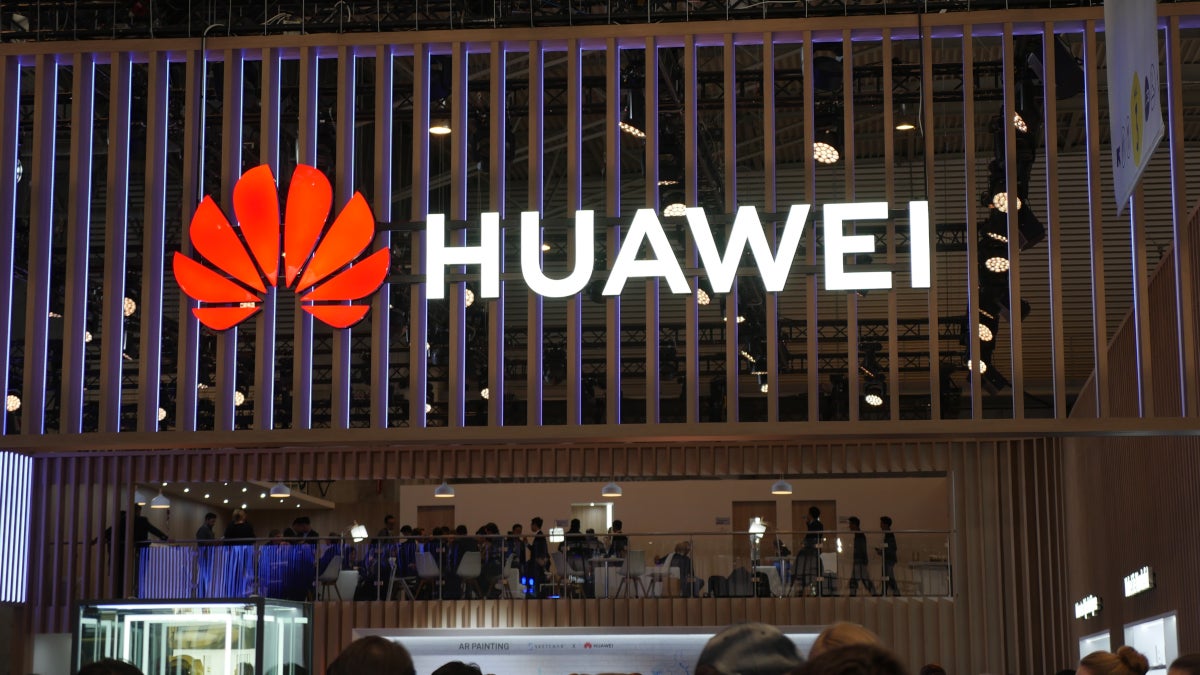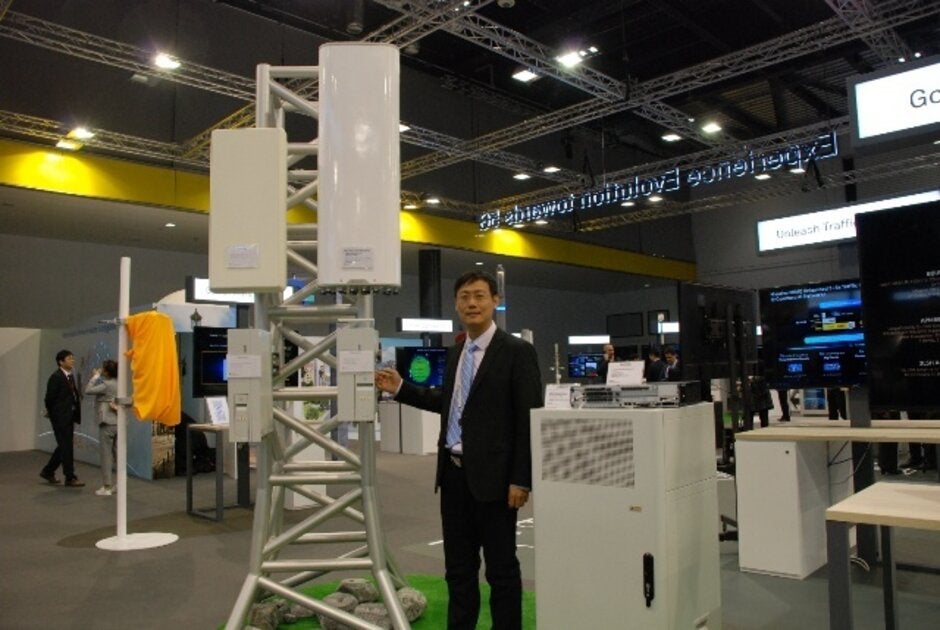U.S. says it has evidence about Huawei's secret back doors

Ever since 2012, Americans have been told that Huawei is a national security threat because of a law in China that could force Huawei to gather intelligence (read "spy") on behalf of the Chinese government. As a result, U.S. lawmakers have accused the manufacturer of building back doors into its phones and networking equipment for the express purpose of allowing the company to send collected data to Beijing.
Naturally, Huawei has denied this repeatedly. But today's Wall Street Journal reports that U.S. intelligence officials are once again repeating the same old mantra about the firm's use of back doors. And the new report claims that the company has been using back doors for over a decade in a bid to gather information. U.S. intelligence on Huawei's use of back doors was considered highly sensitive classified material. Yet, those close to the situation say that the U.S. shared some of this intelligence with German and U.K. officials late last year in an unsuccessful bid to keep the two countries from using Huawei's networking equipment in their 5G networks.
Huawei allegedly keeps its lawful interception interfaces hidden from its carrier-clients
For over a year, the Trump administration had been warning allies against the use of Huawei's gear and countries like France, Australia and Japan heeded the warnings. Germany and the U.K. did not with British Prime Minister Boris Johnson wondering what alternatives the country had. Not only is Huawei the world's biggest provider of networking equipment, but its technology is also said to be one to two years ahead of those offered by rivals like Ericsson and Nokia. Additionally, Huawei's close ties with the state bank of China allows it to provide generous financing terms to its customers.

U.S. officials say that Huawei networking equipment contains back doors that only the company can access
The Journal notes that companies producing networking equipment must include a way for law enforcement officials to tap into a network. Each country has its own laws pertaining to this capability, and authorized employees at wireless carriers are allowed to access these "lawful interception interfaces." But U.S. officials say that Huawei keeps the location of these interfaces secret, even to its customers. One U.S. official notes, "Huawei does not disclose this covert access to its local customers, or the host nation national-security agencies." Other rival equipment makers do not have this ability to hide their interfaces from carriers or from the government in the country where the equipment is being employed. National Security Adviser Robert O'Brien says, "We have evidence that Huawei has the capability secretly to access sensitive and personal information in systems it maintains and sells around the world."
In a statement, Huawei says that it "has never and will never do anything that would compromise or endanger the security of networks and data of its clients. We emphatically reject these latest allegations. Again, groundless accusations are being repeated without providing any kind of concrete evidence." A senior Huawei official also refutes the allegations by stating that "The use of the lawful interception interface is strictly regulated and can only be accessed by certified personnel of the network operators. No Huawei employee is allowed to access the network without an explicit approval from the network operator. Network access without operator permission “is extremely implausible and would be discovered immediately."
Because of fears that the company spies on its clients and others, Huawei was placed on the U.S. Commerce Department's entity list last May. That prevents the firm from accessing the U.S. supply chain it spent over $11 billion on in 2018. It also blocks Huawei from receiving the license it needs to use Google Mobile Services on its phones. While this isn't such a big deal in China where most of Google's apps are banned anyway, it does have an impact on global sales of affected devices. Huawei has developed its own ecosystem using Huawei Mobile Services which is expected to debut this spring with the launch of the Huawei P40 series. HMS will include Huawei's own App Gallery and the company has sought participation from App developers.
Follow us on Google News













Things that are NOT allowed:
To help keep our community safe and free from spam, we apply temporary limits to newly created accounts: